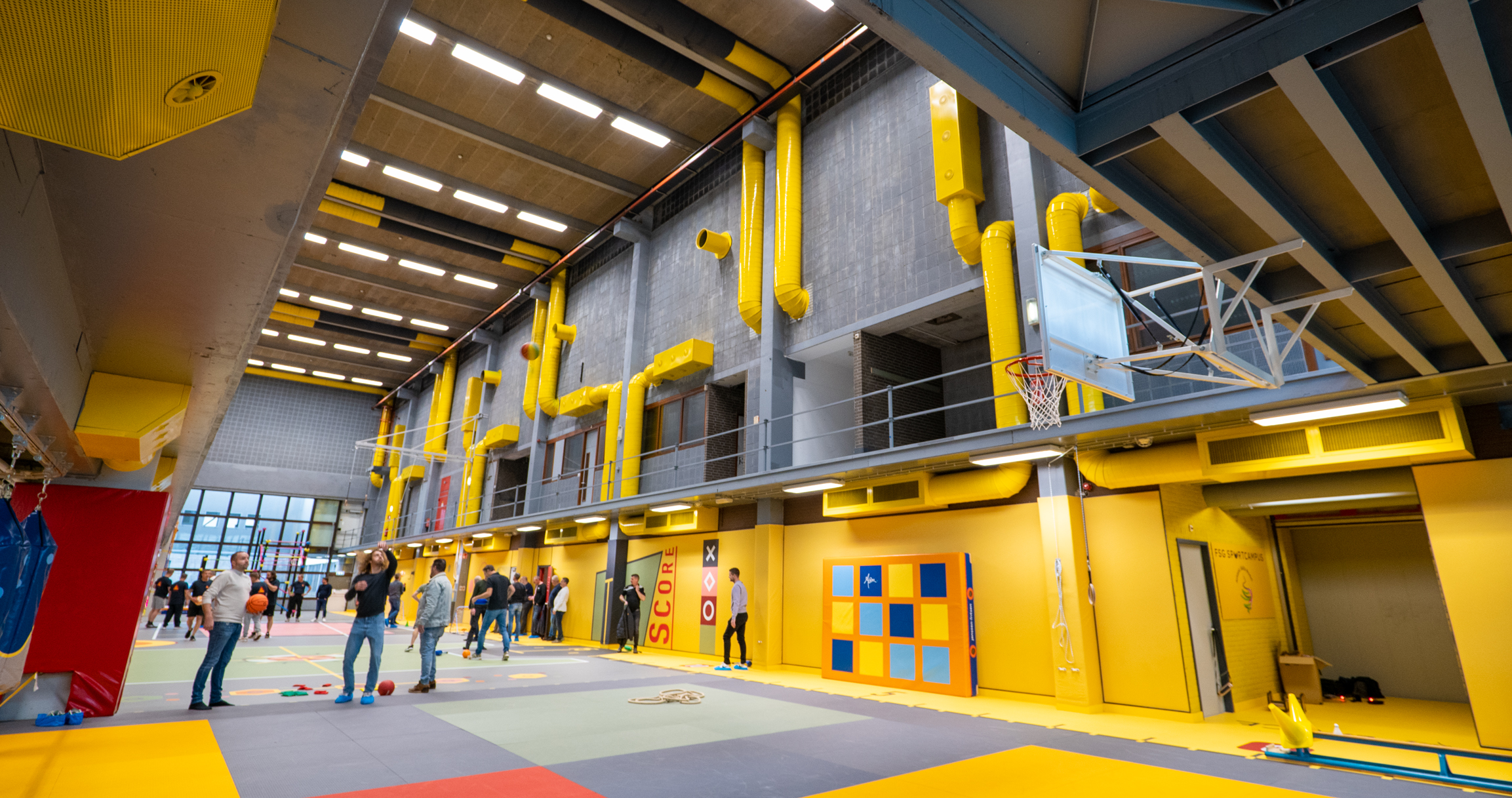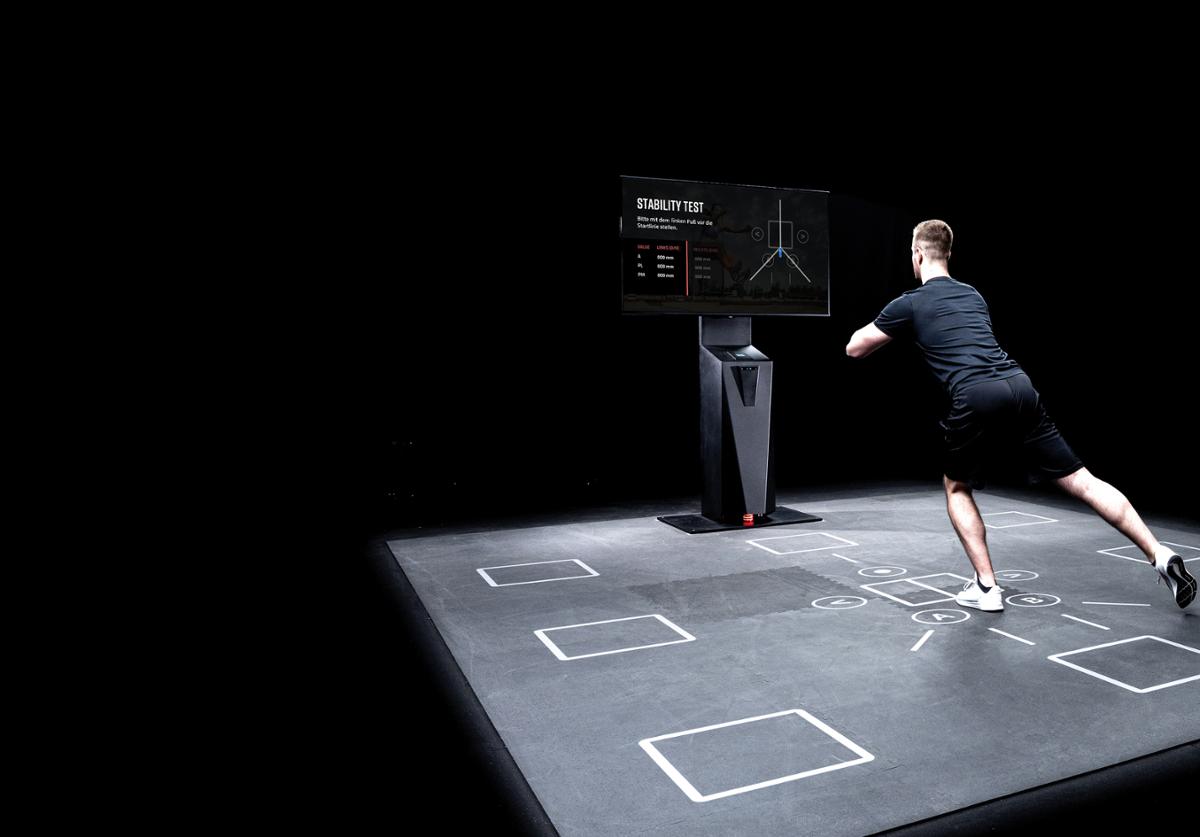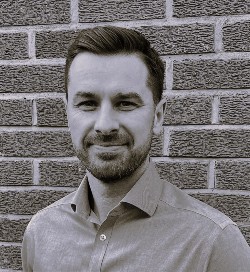latest fit tech news
Egym snaps up Hussle as it moves to dominate the corporate wellness market with its Wellpass product
Specifier: Life skills
Learning and practising functional movements is a great way to get fitter. Steph Eaves investigates the skill-based training movement
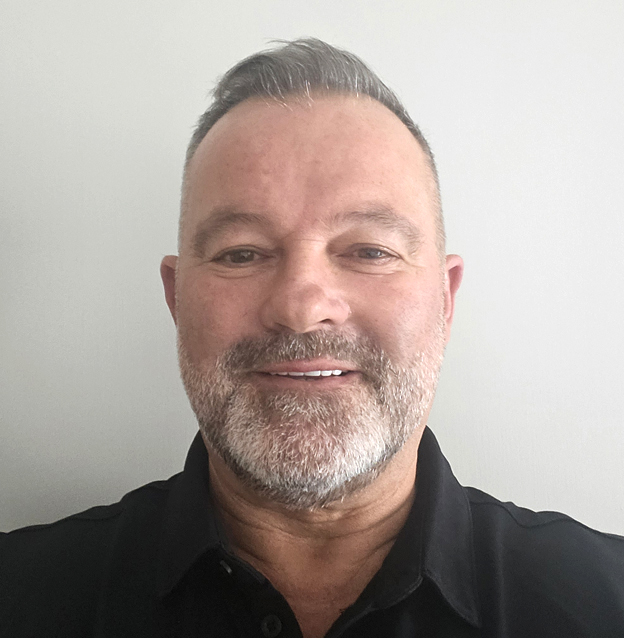
Utilising a skill-based testing and training approach allows for the identification of necessary skill sets that require development and the correction of deficits that may impede performance or heighten the risk of injury.
This personalised and targeted support benefits both people undergoing physio treatment and athletes, enabling them to enhance their proficiency in areas that hold true significance for their individual progress.
undertaken by our customer groups. These can range from sitting in front of a screen to driving a car. It might also include things such as ensuring elderly people can walk without falling, or combating the risk of dementia.
When you examine the anatomy and physiology behind each conscious movement, you will consistently identify the same pattern: perception, cognition, and then motor function.
Both health clubs and medical centres should offer specific visual and cognitive training for their clients. Enhancing these skills leads to increased concentration, improved academic performance, fewer accidents and injuries, enhanced overall performance and a reduced risk of cognitive decline throughout the lifespan. Just 5-10 minutes per session is sufficient to deliver these benefits.
Skillcourt is a laser and camera-based testing and training tool designed to enhance visual, cognitive and motor skills. The system integrates scientific principles with game development to engage children, gym goers and athletes.
We’ve developed skill-specific workouts tailored to everyday activities – such as driving safety – as well as helping with fall prevention, cognitive fitness and general learning and academic performance.
In elite sports, Skillcourt is employed to assess athletes, pinpoint weaknesses, and enhance their scanning, reaction time, decision-making and agility. When individuals receive and process information more rapidly, they can make better and quicker decisions, resulting in fewer injuries and improved performance.
Thanks to LiDAR (Light Detection and Ranging) technology, which uses safe laser beams to track human movements in a training space, nearly every facility can easily incorporate our system. It can be installed on surfaces of various sizes with minimal resource wastage, ensuring maximum benefits for clients.
This system is poised to become an indispensable asset for facilities dedicated to enhancing their clients’ development.
Steve Barton is head of UK at Skillcourt
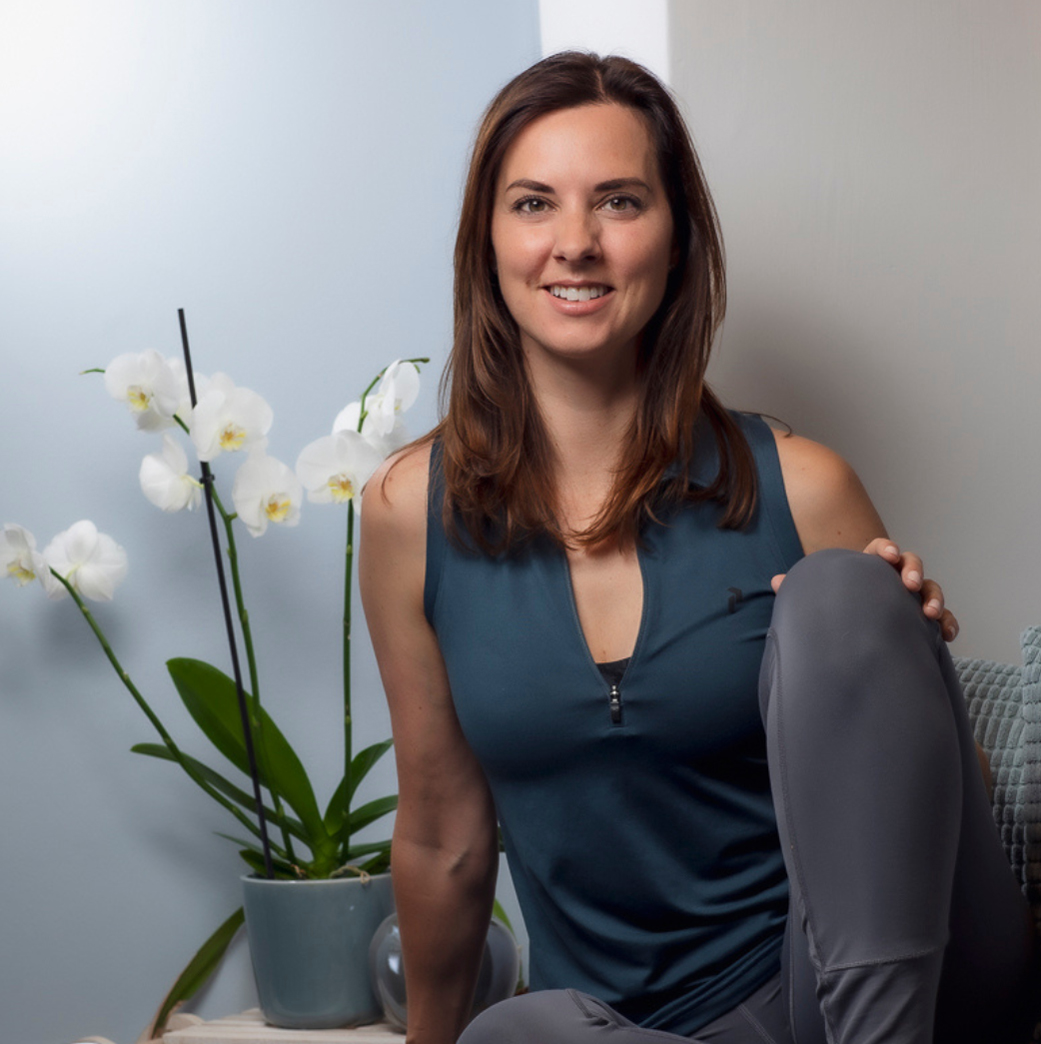
The human body is designed for skilful development: we learn best by ‘doing’, using a whole-systems approach to training.
Skill-based training strategies ensure a workout isn’t purely biomechanical or effort-based, but instead involves cognitive and proprioceptive development which is essential for a the development of a resilient, capable body.
When we learn something in pursuit of a tangible goal our body can be more efficient at engaging a whole-system response that goes far beyond muscle targeting and fat loss. Our body can also respond more purposefully in problem-solving, involving all systems in skill and fitness development.
In addition, the feeling of accomplishing a goal or skill can be the greatest source of intrinsic motivation and keep people coming to training sessions, as they pursue the next goal to unlock the next skill.
They’re a great place to include progressive, varied classes that fuse skill and fitness in themed sessions that revolve around skills and proactive training. Callisthenics, gymnastics, dance, tai chi, yoga, martial arts, parkour, and most other skill-based activities – when combined with thoughtful class planning – can easily be combined with body conditioning or a fitness focus.
The great thing about these classes or sessions is that they don’t have to be licence-led or linked to a specific brand; most people will follow a passionate coach who inspires them to learn something new – regardless of whether it’s a recognised brand format.
People crave progression and if training can become more meaningful in the pursuit of skills and goals, we remove the old-fashioned view of purely chasing calorie burn or hypertrophy. We can use skill-based training to help people understand that fitness isn’t a destination or a fixed goal but that it can become an integral part of a lifestyle that blends social interest, improved health performance and mental wellbeing.
It stands for “Body Before Skill” – because our CPD courses focus on helping coaches develop a skill-based approach to training through a deeper understanding of the body and a holistic approach to conditioning that goes far beyond traditional biomechanics and training.
Our courses are specifically tailored to teaching group classes, but also allow coaches to manage group specificity, progression, goals and flexible lesson planning.
We primarily teach via eLearning, meaning coaches can join us from anywhere. The courses are licence-free and allow coaches to apply what they learn to their individual discipline, sport or training technique. We start by teaching foundation courses focusing on full-body mechanics, particularly on functional movement, flexibility and holistic training themes.
These foundations help coaches develop a practical approach to understanding how the human body moves naturally, the variables that are considered in a whole-systems approach to sports science, links between mind-body-environment training, the mechanics and approaches that develop effective ranges of motion, and how to increase the baseline that enhances skill and performance.
Trainers can use our foundation courses immediately to enhance their practice and coaching skills, take a deep dive with our online courses, or work towards earning specialisation courses in our different training domains.
We’d love to see gyms transitioning some of their spaces from machine-based training to areas where people have more space to train using skill-based equipment and more natural ranges of movement, which can help people move away from a purely aesthetic, strength and calorie-burning mindset.
Sports and fitness can be so much more than just pumping iron! Larger spaces for skill-based training help make gyms more people-centred in their training approaches. They become more social, more sustainable and help coaches develop community-based participation.
In over 20 years working in this industry as trainers, consultants and at our own training centre, we’ve seen the transformative effects that a skill-based focus can have on members and coaches, as well as the uptake in membership and participation.
Jessica Christensen is lecturer, School of Sport, Health and Exercise Science.
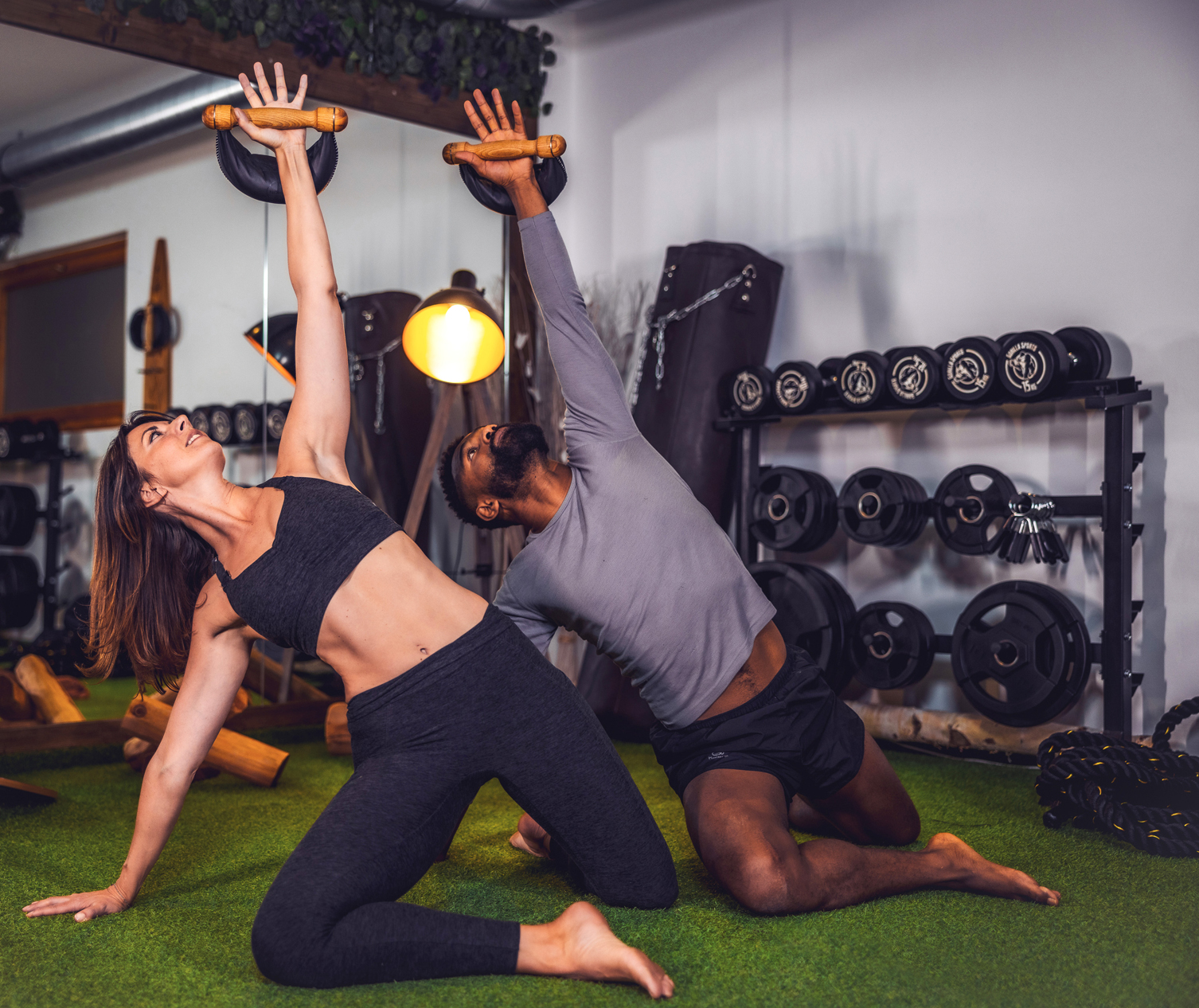
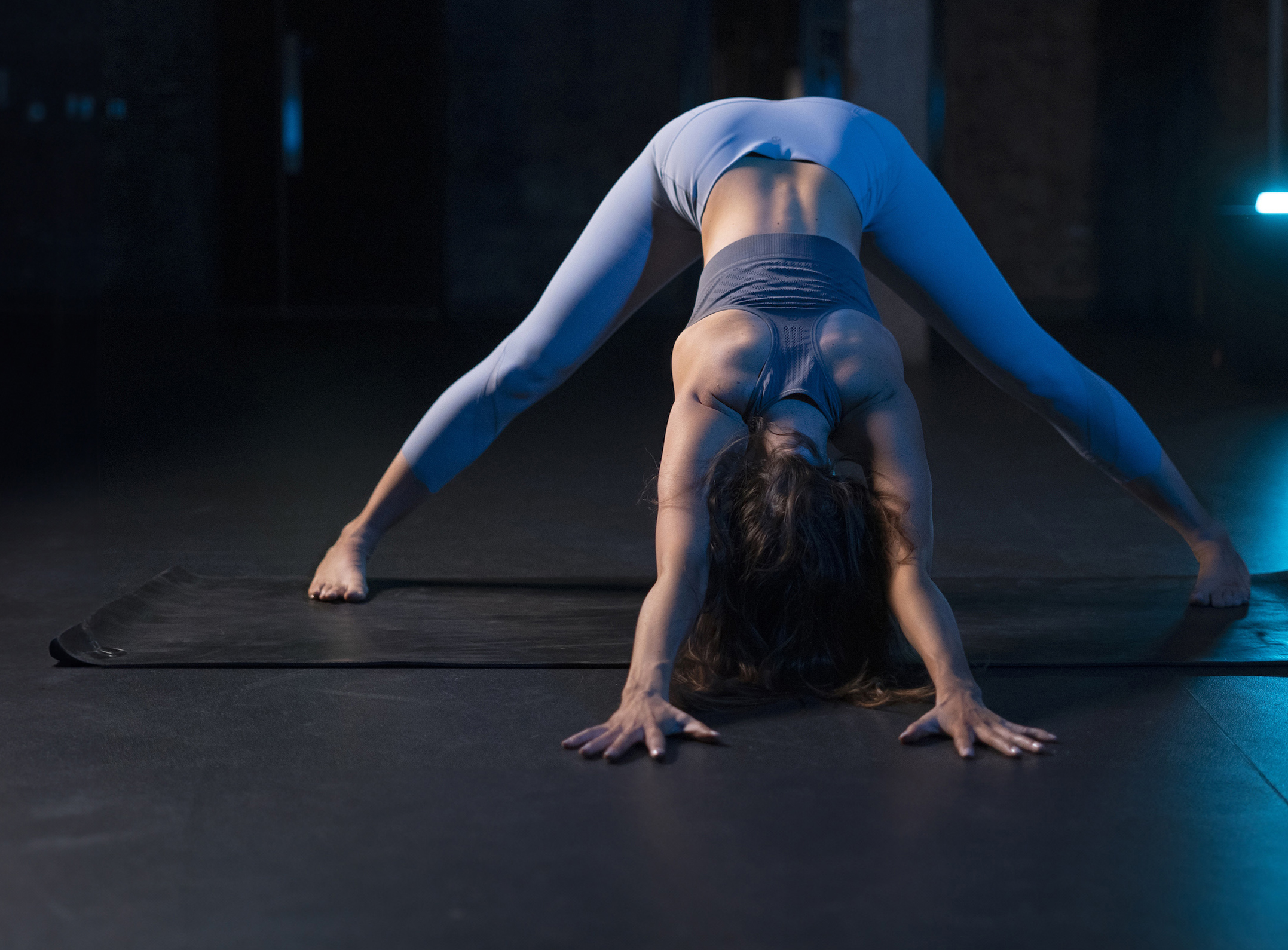
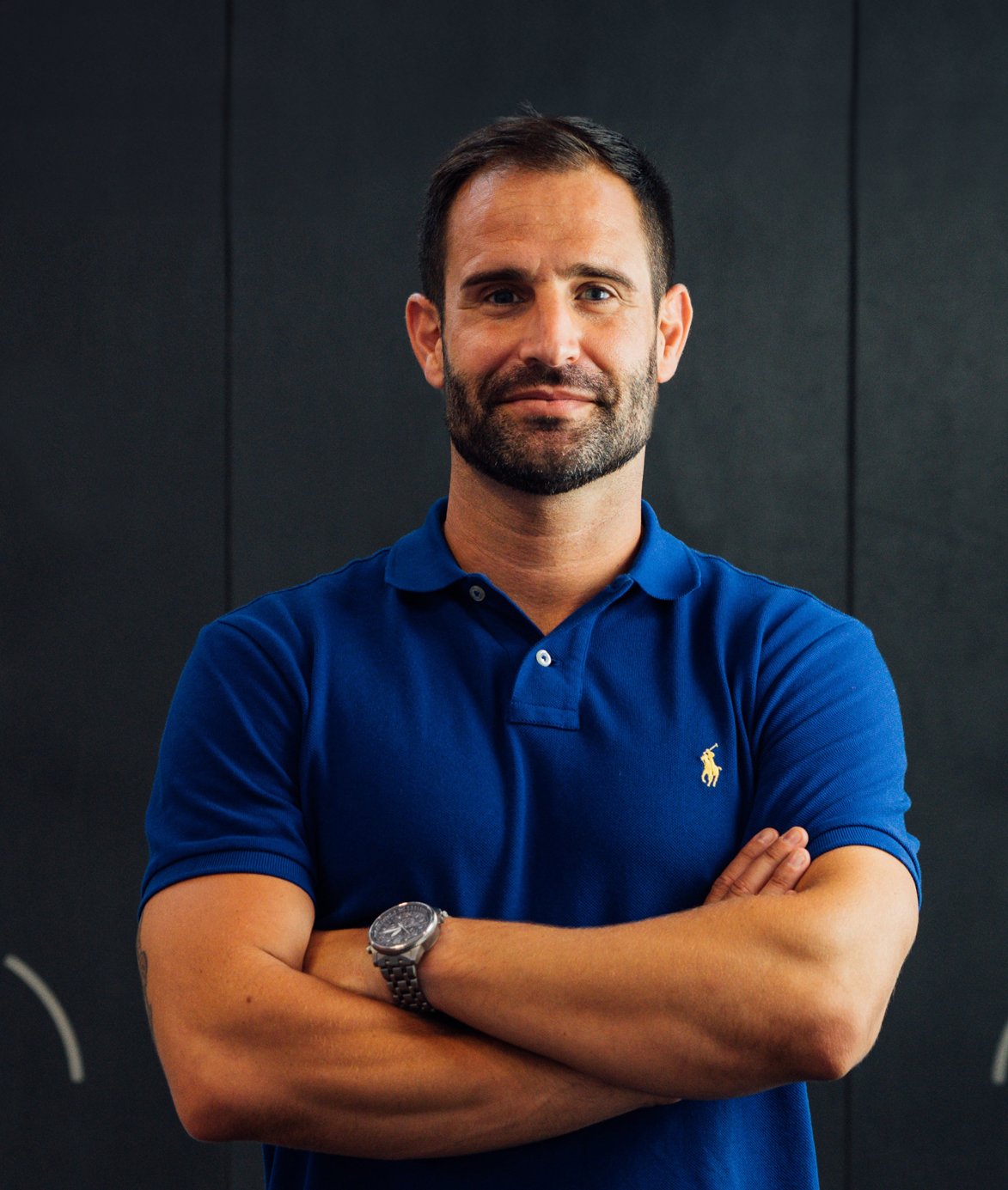
It results in more interactivity between exercisers – and workouts that are more fun. It also gets the best results for members.
I think free, open spaces are essential for doing skill-based training. Not necessarily using machines, but bikes, rowing machines and treadmills can be beneficial in some cases. Basically, in skill-based training we use our body as the main tool, along with some equipment such as kettlebells, dumbbells, bars and ropes, etc.
Bootiq is our new concept based on an interactive and immersive boutique concept. We provide software which clients can use to create their own training concepts based on our complete library of more than 2,500 exercises and with several formats such as rounds, sets and supersets. In addition, Bootiq can be combined with a wide range of add-ons that will enhance the user’s experience: floor markings, wearables, visual displays and light and music effects, all of them easily managed by our software.
Óscar Sanz is manager of the education department at Pavigym
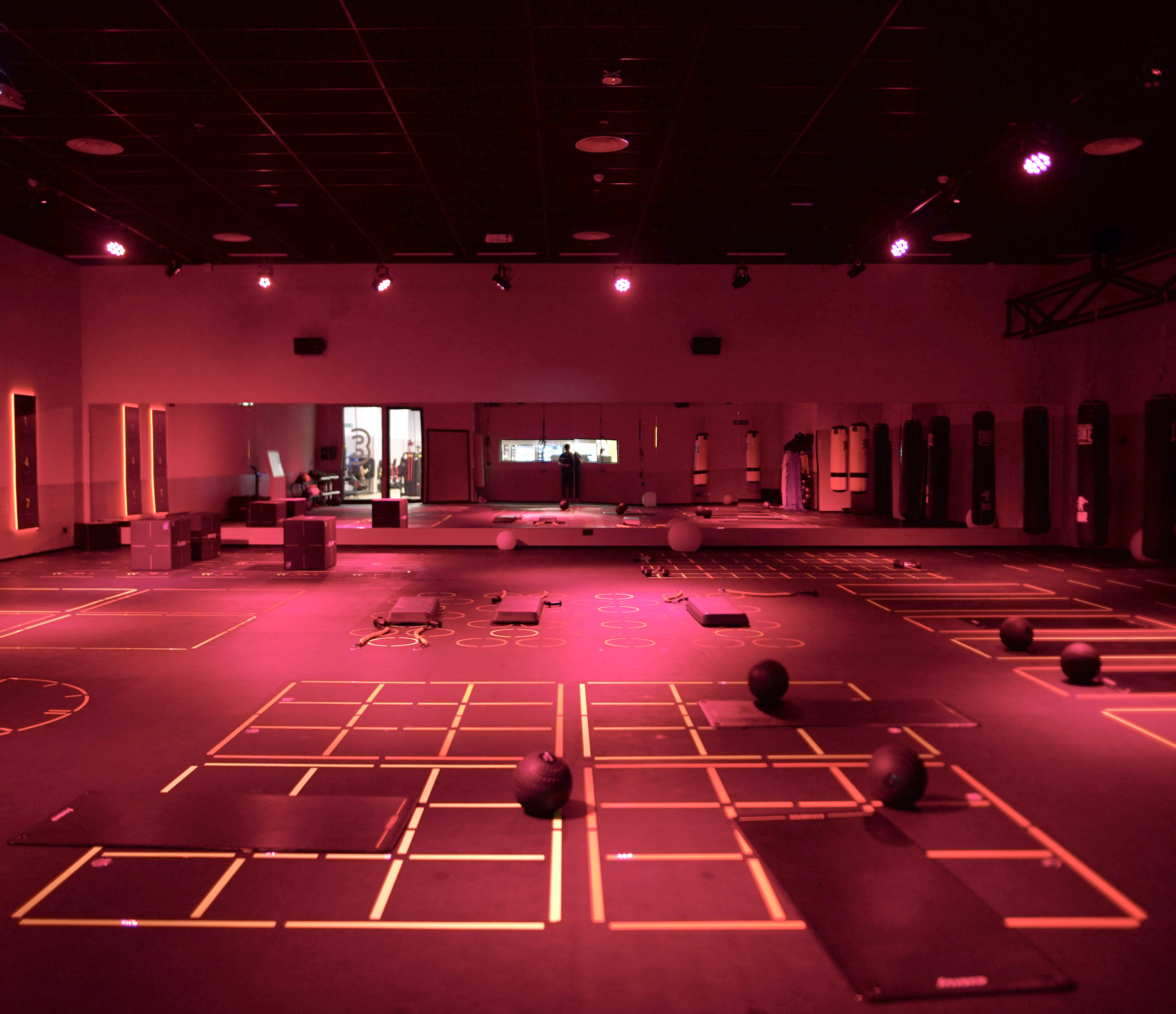

It was founded in the Netherlands by Rene Wormhoudt, strength and conditioning coach of the men’s and women’s Dutch national football teams and Dr Geert Savelsbergh, professor of motor learning at Vrije University of Amsterdam. The Athletic Skills Model (ASM) is a practical and scientifically-grounded framework that offers practitioners within the sport and fitness industry a structured approach to designing and implementing a movement programme that develops adaptable and versatile movers.
The ASM adopts a holistic and integrative approach in which the body and mind are united and movement is central. Movement has to be varied, versatile, wide-ranging and as much fun as possible. The concept of enjoyment and versatility when moving applies to all ages and skill levels. The model goes beyond just prescribing a large range of exercises; it integrates fundamental movements with physical abilities in a holistic manner.
The food pyramid and eat-well wheel are well-known tools used worldwide to provide guidance for a healthy balanced diet. Rene and Geert designed a similar tool – The Fundamental 10! – to provide guidance for developing physical literacy.
The Fundamental 10! is a practical and evidence-based tool for practitioners to prescribe physical activities that are versatile, fun, healthy and suitable to everyone.
The scientific evidence underpinning ASM shows a holistic approach can result in increased coordination and performance, leading to an increased ability to perform more complex movements. For example, people able to perform squats are likely able to perform leg press, but the opposite isn’t necessarily true.
In this case, coordination should be considered within a training programme to support the development of fitness levels.
It improves motor skills and levels of motor creativity, enhancing athletic performance, boosting confidence and ultimately resulting in the pursuit of a more active lifestyle. It also leads to people getting fewer injuries, stress, and burnout, which allows for greater longevity in training, and better mental health and athletic performance.
People have more fun during physical activities with these skills, resulting in higher levels of happiness and a more positive relationship with an active lifestyle.
By focusing programmes on these 10 fundamental movements and their variations, clubs would see an increase in customer satisfaction and compliance.
ASM can support health clubs in designing training programmes and also designs spaces that complement its vision. ASM-designed gyms, sports halls, parks and rehabilitation centres introduce the innovative concept of movement versatility and provide a space where the Fundamental10! can be performed.
Martina Navarro is senior lecturer, School of Sport, Health and Exercise Science, University of Portsmouth
